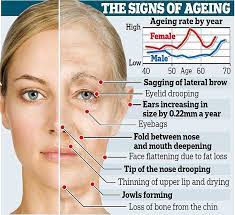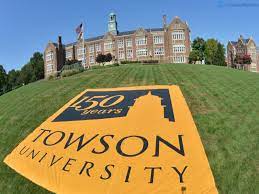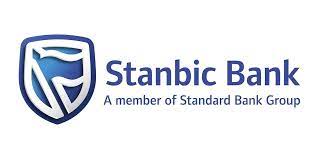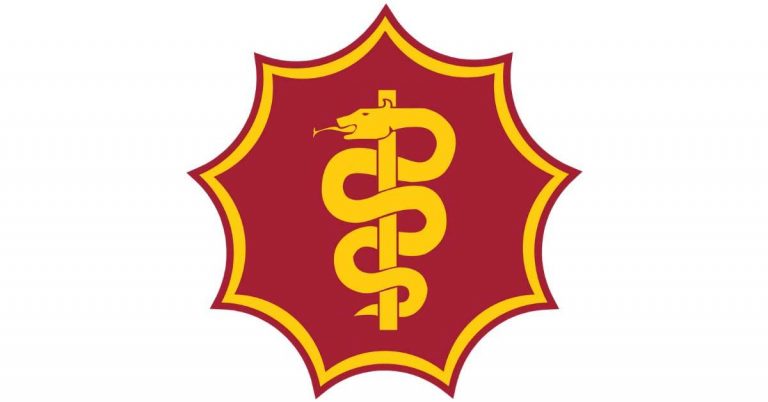Requirements For UCT Medical School and Courses 2025 – A Detailed Guide
The University of Cape Town (UCT) is one of South Africa’s premier institutions, and its Medical School is widely regarded as one of the best on the African continent. For students aspiring to study medicine in South Africa, UCT’s Medical School is a highly sought-after option. However, gaining admission to this prestigious institution can be a competitive and challenging process, especially considering the rigorous entry requirements.
In this article, we’ll break down the key requirements for UCT Medical School and courses in 2025, including academic prerequisites, application procedures, selection criteria, and additional tips to increase your chances of being admitted to this world-class program.
1. UCT Medical School Overview
UCT’s Faculty of Health Sciences offers a variety of programs, but it is most famous for its Bachelor of Medicine and Bachelor of Surgery (MBChB) degree, which is the primary medical qualification in South Africa. The medical program is a six-year undergraduate degree that trains students to become medical doctors. The university also offers postgraduate qualifications in medical specialities, allied health sciences, and research.
The MBChB degree at UCT is designed to provide a comprehensive education, combining theory with practical clinical experience. It involves basic sciences in the first years and clinical training in hospitals and healthcare settings from the third year onwards. Students are exposed to a wide range of clinical disciplines, including surgery, internal medicine, paediatrics, psychiatry, and obstetrics and gynecology.
2. Admission Requirements for UCT Medical School 2025
To gain admission to UCT Medical School, prospective students must meet several academic and non-academic requirements. These requirements are designed to ensure that students possess the necessary academic abilities and personal qualities to succeed in the demanding medical field.
A. Matriculation Requirements (National Senior Certificate)
UCT follows the South African National Senior Certificate (NSC) as the basis for matriculation entry. Here are the key academic prerequisites for the MBChB program:
1. Minimum NSC (Matric) Requirements:
- English: Level 5 (C) or higher.
- Mathematics: Level 6 (B) or higher.
- Physical Science: Level 6 (B) or higher.
- Life Sciences: Level 5 (C) or higher.
- Additional Subjects: You must also have two other subjects at Level 4 (D) or higher. UCT generally requires Life Orientation to be passed, but it does not count toward the points total.
2. APS Score (Admission Points Score):
The APS is a system used by UCT to assess whether applicants meet the minimum academic standards for admission. Each subject is scored from 1 to 7 based on performance (with 7 being the highest). For entry into the MBChB program, applicants must achieve a minimum APS score, typically around 36–38 (excluding Life Orientation).
B. Grade 11 Marks and Final Matric Results
UCT places a significant emphasis on Grade 11 results, particularly for applicants who are still in high school when applying. These marks are used as a predictor of future performance, and your final Grade 12 results will also be considered when final admission decisions are made.
Applicants must have completed their matric year and achieved at least the minimum required performance in the final exams.
C. Additional Admission Tests
UCT requires applicants to take the National Benchmark Test (NBT), which assesses students’ aptitude for higher education. The NBT comprises two sections:
- Academic Literacy: Tests your ability to understand and interpret academic texts.
- Quantitative Literacy: Tests your ability to reason mathematically and interpret numerical data.
A minimum score in the NBT is required for entry into the MBChB program.
- Note: The NBT is administered by the South African Universities’ National Benchmarking Project. It is recommended that applicants complete the NBT by June of the year they are applying to ensure that their scores are available for consideration.
D. Additional Requirements for Non-South African Students
For international students, the application process is slightly different. UCT Medical School requires international applicants to provide the following:
- A matriculation exemption certificate from the South African Matriculation Board if you have not completed your schooling in South Africa.
- English proficiency: Non-English first language speakers may be required to provide proof of proficiency in English through standardized tests like IELTS or TOEFL.
- International Qualifications: If you have completed schooling outside of South Africa, you will need to have your qualifications assessed by UCT’s International Student Admissions Office.
International students are also required to submit an official translation of their documents if they are not in English.
3. Application Process for UCT Medical School 2025
The application process for UCT is online, and applicants must submit all required documentation by the stipulated deadlines. Here’s a step-by-step guide to applying for the MBChB program:
A. Step 1: Submit an Online Application
- Visit the UCT admissions website and create an account to submit your application.
- Complete the online application form with your personal details, academic qualifications, and preferred course (MBChB).
- Ensure that you have all your documents ready, including:
- Certified copy of your ID or passport (for international students).
- Certified copies of your Grade 11 results and/or final Grade 12 results.
- Proof of English language proficiency (if applicable).
- Results of the National Benchmark Test (NBT).
B. Step 2: Take the National Benchmark Test (NBT)
- Register for the National Benchmark Test (NBT). As mentioned, this is a compulsory requirement for all applicants.
- Ensure that you take the test before the official deadline to allow time for processing.
C. Step 3: Wait for the Selection Process
- Once your application is submitted, UCT’s admissions team will review all documents, including the results of your matric exams and the NBT. UCT also takes into consideration other factors, such as your interview performance (if required).
- Due to the competitive nature of the MBChB program, meeting the academic requirements does not guarantee admission. Students are selected based on merit, and UCT reserves the right to admit only the top candidates.
D. Step 4: Interview
- Some applicants may be called for an interview, particularly if they are in the final selection pool. The interview aims to assess personal qualities such as communication skills, motivation, and commitment to the medical profession.
- Interviews are a critical part of the process and should be taken seriously. Applicants should prepare thoroughly and demonstrate a strong understanding of the medical field and their reasons for wanting to study medicine.
E. Step 5: Receive Admission Offer
- If you are selected, you will receive an official offer of admission from UCT. Make sure you respond to the offer within the given deadline and complete any additional formalities, such as registering for the course and applying for student accommodation (if required).
4. UCT Medical School Courses and Curriculum
The MBChB program at UCT is a comprehensive six-year course that combines theoretical learning with extensive clinical training. Here’s an overview of the curriculum:
Year 1: Basic Medical Sciences
- Focuses on subjects like anatomy, biochemistry, physiology, and medical ethics. Students gain foundational knowledge that is essential for later years of medical school.
Year 2: Medical Science and Clinical Skills
- This year introduces students to clinical practice, including clinical skills training, basic medical procedures, and communication with patients.
Year 3: Introduction to Clinical Practice
- Students begin clinical rotations in hospitals, where they work directly with patients under supervision. The focus is on core areas such as internal medicine, surgery, and paediatrics.
Year 4: Clinical Specialties
- In the fourth year, students explore a wider variety of specialties, including psychiatry, obstetrics and gynaecology, and orthopaedics.
Year 5: Advanced Clinical Practice
- Students undertake more advanced clinical work in hospitals, participating in surgical and medical procedures. The focus shifts toward specialist rotations and preparing for the final exams.
Year 6: Internship
- The final year is a combination of clinical work and preparation for becoming a registered medical practitioner. Students complete an internship under the supervision of qualified doctors.
Gaining admission to the UCT Medical School is a challenging process that requires meeting stringent academic and personal requirements. With a highly competitive entry process, it’s crucial for prospective medical students to prepare early and meet all the criteria, from obtaining high marks in Grade 12 to taking the National Benchmark Test (NBT) and succeeding in interviews.
If you meet the academic requirements and demonstrate the necessary motivation and commitment to the medical profession, UCT offers an excellent opportunity to study medicine and become a highly trained medical professional. Start early, gather all required documentation, and give your application the best chance of success.
For more information on how to apply, visit the official UCT Admissions Website.




